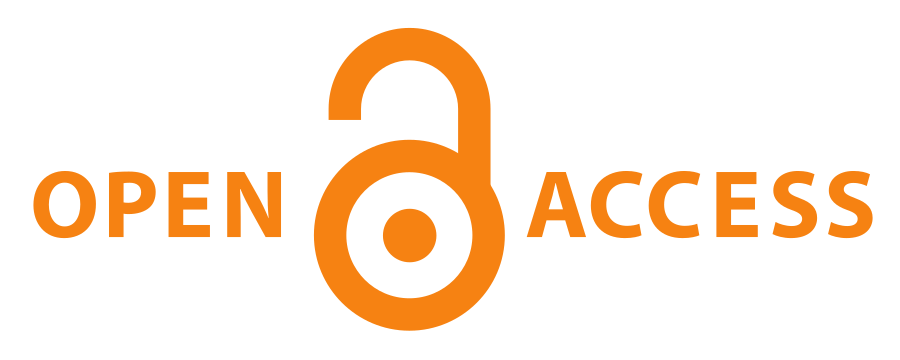Frequently Asked Questions
What is predatory publishing?
Publishers and journals categorized as "predatory" are uninterested in sharing properly cited and reviewed work or respecting the rights of authors; they are interested solely in profit and often ask authors to pay huge publishing or presenting fees. Some predatory journals claim to be legitimately Open Access, which results in scholars sometimes conflating OA with predatory practices.
Predatory journals are the product of predatory publishers, institutions that are unethical in their publishing practices by not following proper academic and ethical standards for the publication of scholarly work. This includes lack of proper peer review, proper citation, and the charging of exorbitant fees for publications that will never be reviewed or published in the way that the publisher proposes.
-
Without proper standards, reputable publishing is impossible to enforce. Predatory publishers flood sites with unedited and unchecked data, upon which other writers, assuming that the work has already been properly cited and proofread, can build layers of misguided analysis.
-
These publishers could disappear overnight, often because of lawsuits, abruptly ending links to their "publications."
-
Attaining a publication in a predatory journal and then being discovered by a prospective employer is often more damaging than having little to no published research, and might compromise one's future opportunities to publish.
-
Articles accepted by predatory publishers are considered to be “previously published,” and as such, legitimate publishers may not be able to accept them for publication in one of their journals.
-
Predatory journals are generally ignored or not indexed into academic databases, decreasing readership and impact.
No. There are many respectable open access journals that are not considered predatory. Regardless of whether the journal is subscription-based or open access, authors should research the journal in which they hope to publish.
It is a red flag if a publisher or journal editor approaches you to publish in their journal. Typically, the opposite occurs and the researcher pursues the journal. Spam-like email or web pages with marketing-heavy content are also signals that the journal may be predatory. Thoroughly evaluate the journal before submitting your article. When in doubt, please contact the IU Libraries Scholarly Communication Department.
Not always. When your article is published in an open access journal, you will likely be required to pay an article processing charge or APC. The issues with payments arise when journals lie to you about their fees during the publication process or neglect to mention any fee (or a lack of one) on their website.
Open access journal content is “free” to the reader, but since open access publication does not charge users, some open access journals require a fee for publishing services and maintenance of their publication.
Unfortunately, predatory journals are present in every discipline.
box inspired by James C. Kirkpatrick Library @ University of Central Missouri
Open Access and Predatory Publishing

Open Access works to allow increased accessibility to scholarly publications, while still respecting the rights and wishes of respective authors.
Thanks to a policy passed by Indiana University Bloomington in February 2017, our scholars are encouraged to publish their work openly. For more specific details about IU Open Access Policy, publication rights and concerns, and general questions, check out our Open Access Guide.
